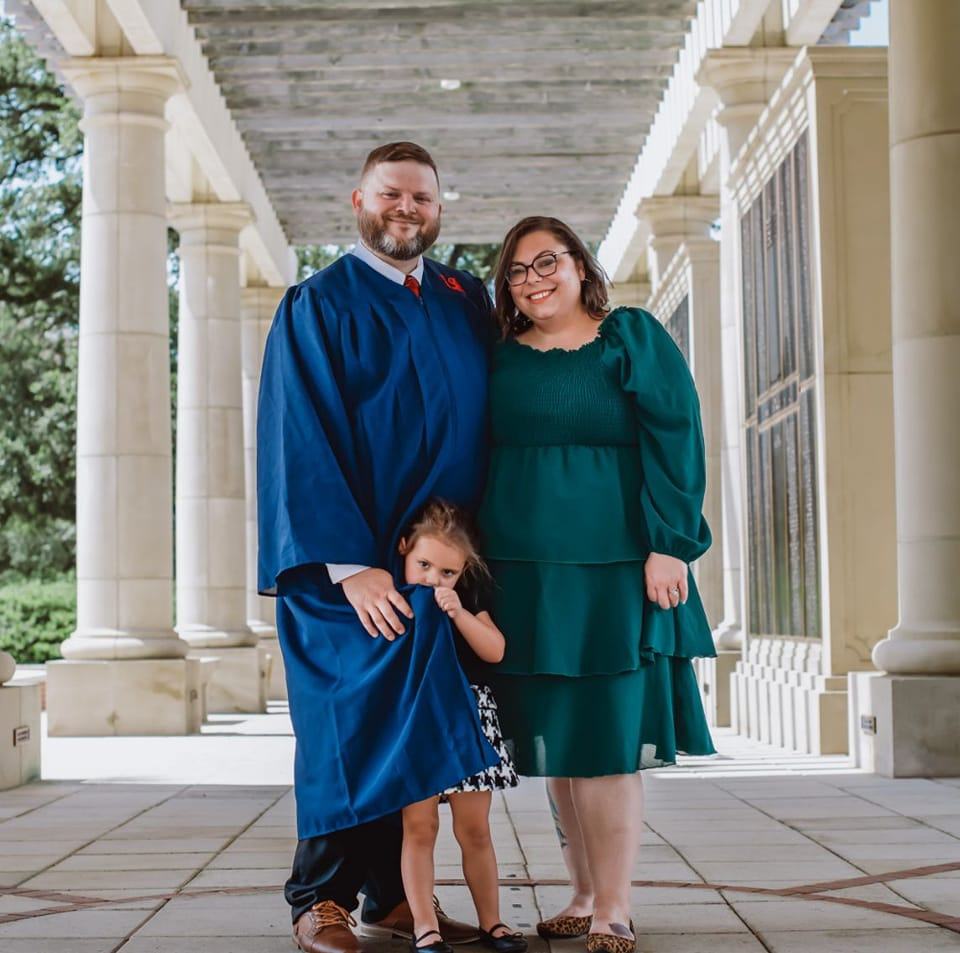
Ryan Lindsey recommends MAX3 Martial Arts
via Facebook ·
This is a great place to join a martial arts program. The staff is always friendly and inviting. They are encouraging kids and adults to be the best version of themselves.

Amanda Jones recommends MAX3 Martial Arts
via Facebook ·
Excellent staff and support for the students. Students build self confidence and discipline under the guidance of the best role models.

Matt Mornan recommends MAX3 Martial Arts
via Facebook ·
MAX3 has done amazing things for Zeke in both confidence and physical ability. MAX3 had helped transform the way he thinks and acts. Putting him here was the best decision we could of made. Zeke looks up to all the instructors, especially Mr. Williams.

Mai Moez recommends MAX3 Martial Arts
via Facebook ·
Super friendly staff and my Adam loves them so much. He keeps talking about them after we go home. He wants to get the black belt and for sure they make it very easy and interesting journey. Thank you so much, MAX3. Keep up the good work.

Sean Erwin recommends MAX3 Martial Arts
via Facebook ·
This place has been a godsend for my daughter. Her confidence, self esteem, behavior, and any other positive attribute has grown and soared exponentially. The instructors give so much positive reinforcement and are all there to ensure all of the students have a positive experience and are role models that are second to none. 10/10 would recommend!!

Shannon Sanders recommends MAX3 Martial Arts
via Facebook ·
MAX3 has truly been a blessing to our son. He is being challenged and encouraged to be a confident and strong leader. The instructors are top notch. We have had conversations with them not only about Taekwondo, but education, careers and other related topics. They visit schools, volunteer in the community, and support their students in various aspects of their training. Master Hayes has created such an amazing family community. Keep up the great work!

Erin Hahlen recommends MAX3 Martial Arts
via Facebook ·
I can’t say enough good things about MAX3. Both of our girls have been thriving, not just with their martial arts, but also at school and home. The instructors are always praising and encouraging them for their efforts and accomplishments on and off the mat. I feel as though we’ve become part of a family and community of positivity that everyone could benefit from. 10/10 recommend to anyone that wants to see their child become a more confident and happy person.

Casey Bell-Dickens
via Google
This place is Awesome!! My 5 year old LOVES it!!! The staff are very nice. Madison is always asking when her next class is!!!!

CJ Woodall recommends MAX3 Martial Arts
via Facebook ·
A really good place to learn martial arts. With the best instructors!

Joy Pilot recommends MAX3 Martial Arts
via Facebook ·
My first class was today and it was Awesome, staff very welcoming and my instructor was great, looking forward to my Taekwondo classes.. #EXCITED

Holly Rufer recommends MAX3 Martial Arts
via Facebook ·
To anyone looking for a great workout, I highly recommend MAX3. It's so much fun and challenging at the same time. The owners are top notch and EVERY instructor is amazing and knowledgeable. They push you to your best and make you realize " you can do it".

Paula Bryan recommends MAX3 Martial Arts
via Facebook ·
Great atmosphere. Wonderful people. Highly recommend!

Crystal Hanna Williams recommends MAX3 Martial Arts
via Facebook ·
The best decision we could have ever made was enrolling our son into MAX3! He has learned so much and his attitude has changed drastically. The instructors are fantastic! We look forward to each class!

Brenda Whitfield recommends MAX3 Martial Arts
via Facebook ·
I've happily watched my granddaughter blossom in her confidence and self pride since joining this group. Thank you for your contributions to her growth and joy.

Marcus Holder recommends MAX3 Martial Arts
via Facebook ·
Great place for your child to grow and develop a skill that can last a lifetime and encourages them to become better and to achieve goals.

Brittany Michelle recommends MAX3 Martial Arts
via Facebook ·
My 5 year old daughter started at MAX3 almost 9 months ago. As the mom of a VERY hyper, kind hearted, feisty and sensitive child, I have to say that it fills my heart to see her confidence in herself grow more than I could have imagined in these 9 months.
The staff is extremely friendly and they always go the extra mile for their students. You can walk in on any given day and see EVERY instructor talking a student up and cheering them on.
My daughter is definitely gaining so much more from MAX3 than I hoped for when we started this journey! Thank you all so much! ❤️

Kristi Taylor recommends MAX3 Martial Arts
via Facebook ·
We’ve been with MAX3 for two months now. Our daughter was so scared to go to her first class because she is so shy and had no self esteem, but right from the start the instructors made her feel welcome! Now she gets so excited when it’s time to go and she even volunteers during class. Thanks to their encouragement, she strives to be the best she can be. We are so happy that we found a place that she’s so comfortable in and also one that has helped build so much confidence in her! Thank you to the MAX3 Staff for all that you do!!!

Melissa Busuttil recommends MAX3 Martial Arts
via Facebook ·
Starting my son in karate has been one of the best decisions. He learns something new every time he goes and his confidence is so much better than when he first started. He learns valuable life lessons from the classes and I cant brag on the instructors enough, they are absolutely wonderful with the kids!!!

Amanda Cannon Corley recommends MAX3 Martial Arts
via Facebook ·
My daughter, age 6, and my son, age 4, have both been attending MAX3 for a few months now and they both love it! The instructors are fantastic! They really take the time to get to know each kid, make classes fun, all while teaching them martial arts and life skills. I would recommended MAX3 to any one looking for martial art classes!

Jamie Lael Bowman recommends MAX3 Martial Arts
via Facebook ·
MAX3 has been a wonderful experience! The instructors are knowledgeable and so fun and patient with kids! The curriculum is challenging for my 8 yr old but not overwhelming. She has learned to control her movements and develop strength and coordination. She has made many new friends and looks forward to classes.

Mary Elise Rohm recommends MAX3 Martial Arts
via Facebook ·
My daughter participated in 2 weeks of classes & has been in love with Karate ever since. I literally could not stop smiling.
These guys are amazing. They are patient, kind & very knowledgeable. I truly feel like this is an amazing program for kids to learn & grow as individuals & to learn the art.

Melanie Downey recommends MAX3 Martial Arts
via Facebook ·
My 9 year old son has been attending for over 3 years and loves it. It is his favorite thing to do. The instructors are amazing and caring! It is a great, challenging, and fun workout with the very best instructors that motivate you! We love MAX3!

Kim Ballard recommends MAX3 Martial Arts
via Facebook ·
MAX3 is fantastic. It's not just somewhere that teaches kids martial arts but its a whole family who takes your kids and you in and changes lives. It's a family. And we love our MAX3 family!

Lauren Cronenberg Self recommends MAX3 Martial Arts
via Facebook ·
We have had the most wonderful experience at MAX3. These last 2 testing cycles, my boys have been learning all about respect and self esteem. Not only are they learning martial arts, but important life skills too. The instructors are patient and enthusiastic. I feel like they are truly invested in my boys, they know them by name and are genuinely interested in how they are doing. I’m so glad that we started this journey to a black belt with MAX3!!!!

Vicky Murillo recommends MAX3 Martial Arts
via Facebook ·
We love going to MAX3! Our son really enjoys going to class on Monday's and Wednesday's. The instructors are very professional and make the class very enjoyable.


























